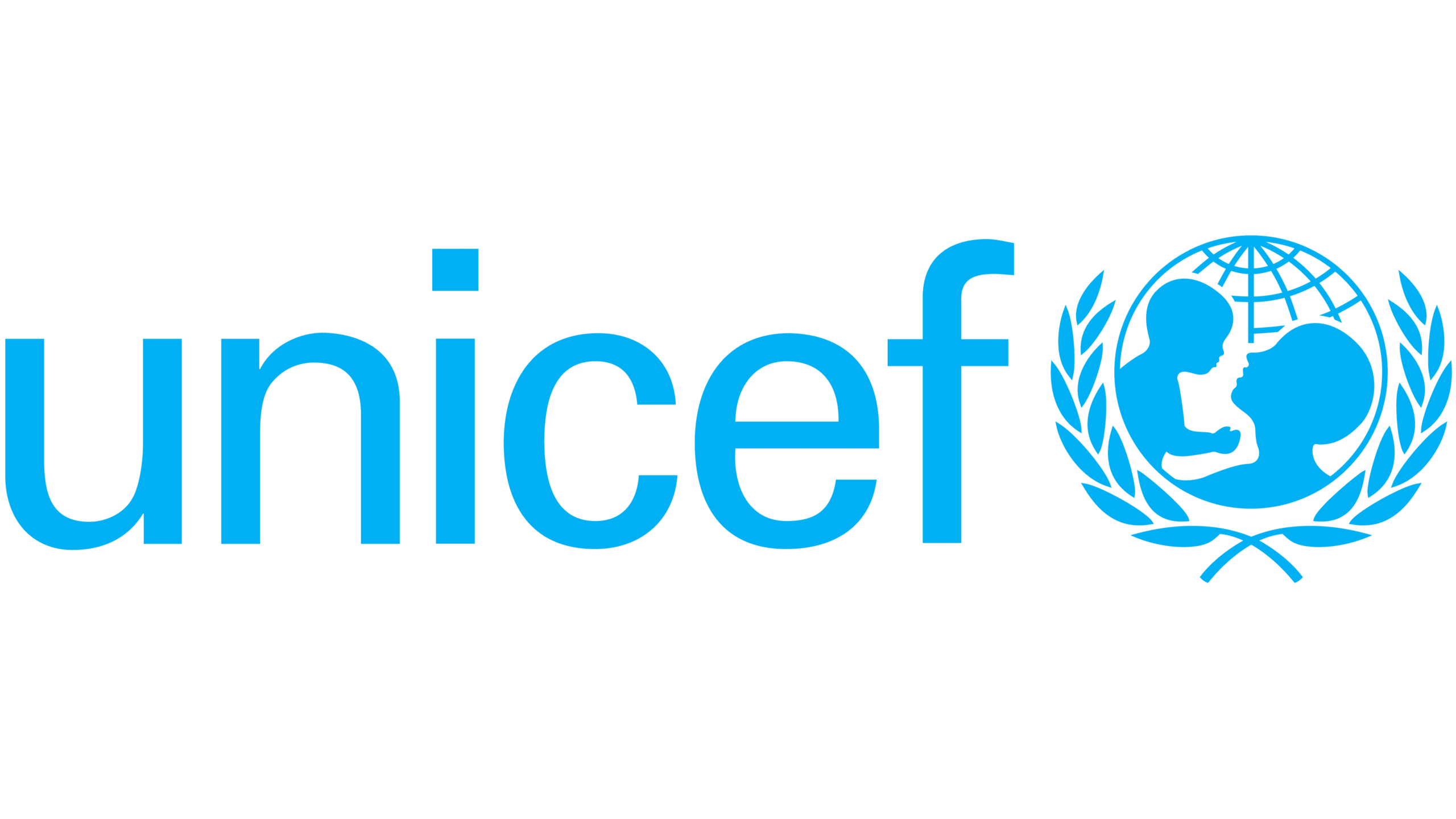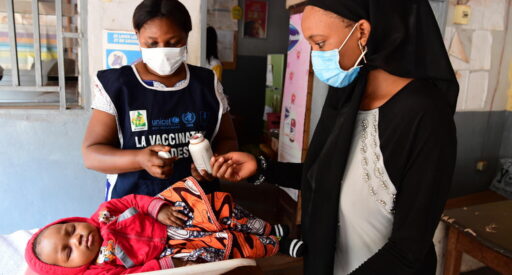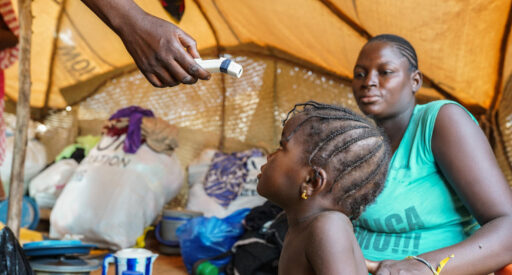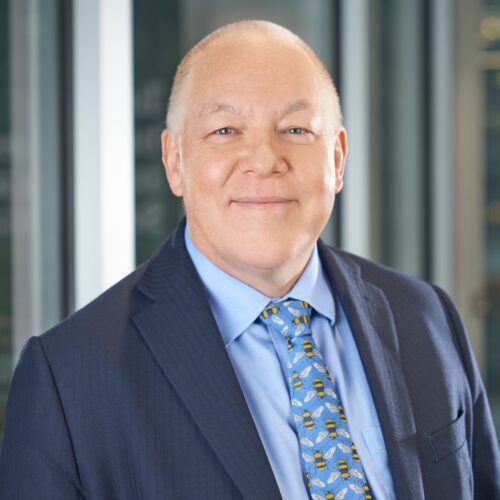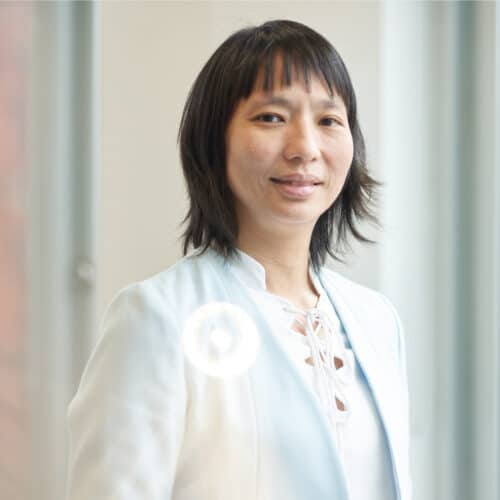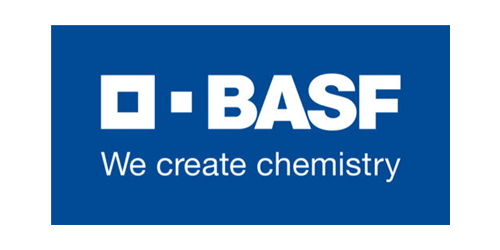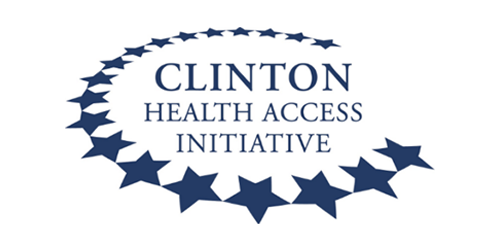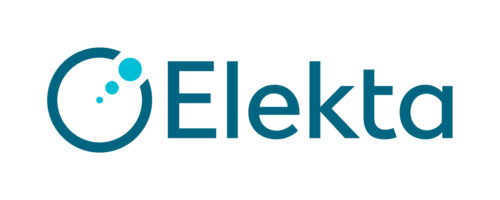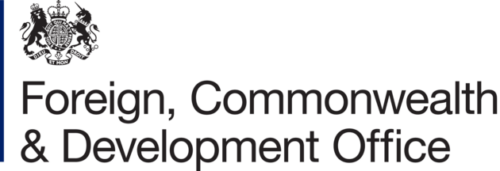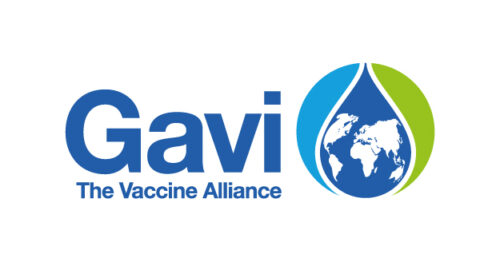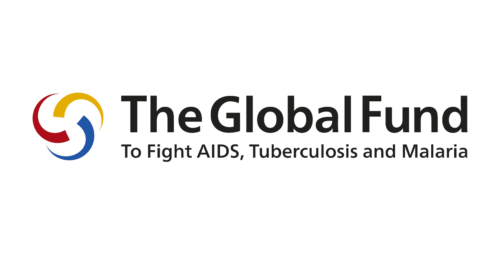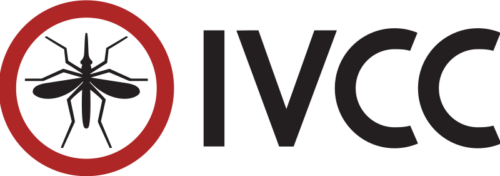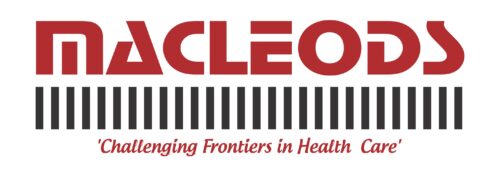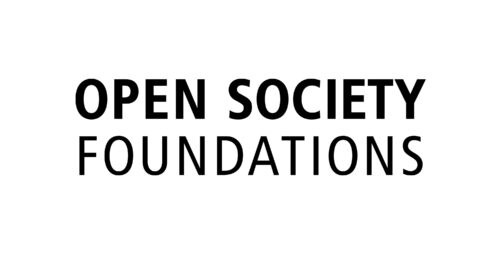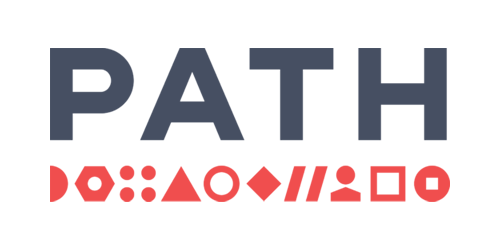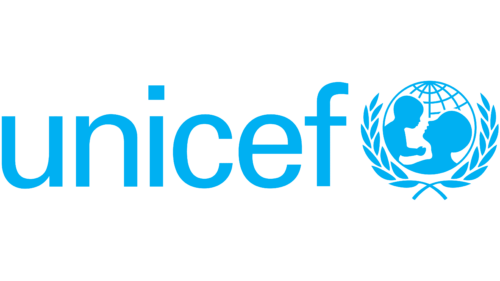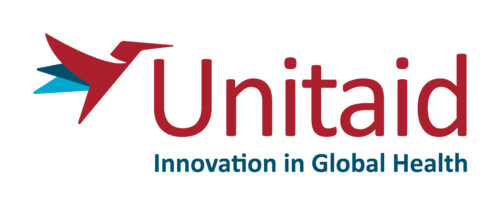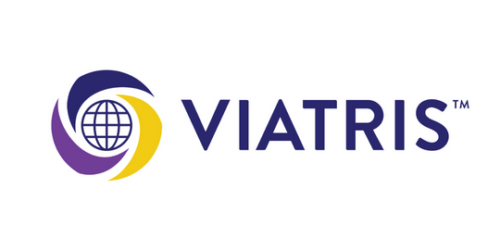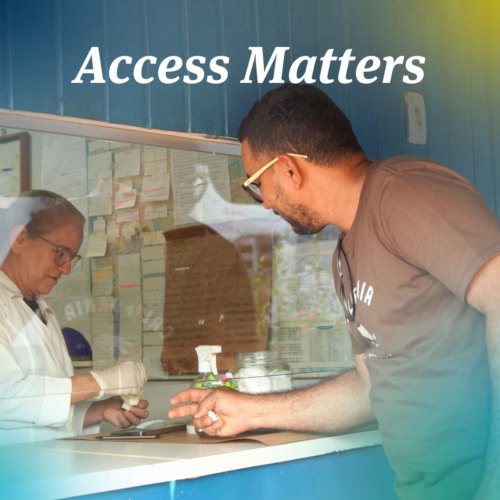UNICEF medical supplies
Our $30m guarantee for UNICEF’s Vaccine Independence Initiative supports low- and middle-income countries purchasing critical medical supplies with domestic budgets.
Our
partners
The challenge
Public health
UNICEF’s Vaccine Independence Initiative (VII) is a financing and procurement facility to support low- and middle-income countries using national resources to purchase critical medical supplies. It helps governments manage temporary cash shortfalls by accessing a revolving fund through UNICEF. This ensures children and families do not miss out on essential health supplies due to temporary cash shortfalls.
VII is a particularly important vehicle for governments procuring without support from a global health donor such as Gavi, the Vaccine Alliance. Where the release of funding from multilateral banks or national budgets is delayed, the regular supply of vaccines and treatments is often interrupted.
Market situation
The VII is increasingly important, especially to middle-income countries which lack regular access to donor-funded procurement, but may not have the procurement systems or negotiating clout to secure reliable supplies and affordable prices on the open market.
Support for the VII in the form of a MedAccess guarantee expands the facility’s resources. It also gives flexibility to undertake surge procurement for emerging disease outbreaks, climate-related crises, humanitarian crises and immunisation programmes.
The product
UNICEF’s VII programme was initially focused on vaccines but has expanded to cover a variety of lifesaving medical supplies including:
- diagnostics
- oxygen
- treatments
- and clinical supplies.
The partnership
MedAccess provided a $30m procurement guarantee to UNICEF for the 2024-25 period.
The core function of the guarantee is to support UNICEF to engage in procurement that will make health products more affordable and accessible.
This will achieve market-shaping impact at scale, reaching multiple products and populations.
Impact projections
Our partnership with UNICEF enables continued procurement of essential health products to bridge short-term funding gaps which might otherwise lead to supply shortages and stock-outs.
Pre-financing means countries can expedite the delivery of essential products to tackle pressing health needs, accelerating availability of supply by four to six months.
Sustainable Development Goals (SDGs)
SDG 17
SDG 3
3.3
By 2030, end the epidemics of AIDS, tuberculosis, malaria and neglected tropical diseases and combat hepatitis, water-borne diseases and other communicable diseases
3.8
Achieve universal health coverage, including financial risk protection, access to quality essential health-care services and access to safe, effective, quality and affordable essential medicines and vaccines for all
3.b
Support the research and development of vaccines and medicines for the communicable and non-communicable diseases that primarily affect developing countries, provide access to affordable essential medicines and vaccines, in accordance with the Doha Declaration on the TRIPS Agreement and Public Health, which affirms the right of developing countries to use to the full the provisions in the Agreement on Trade-Related Aspects of Intellectual Property Rights regarding flexibilities to protect public health, and, in particular, provide access to medicines for all
3.d
Strengthen the capacity of all countries, in particular developing countries, for early warning, risk reduction and management of national and global health risks
SDG 10
10a
Implement the principle of special and differential treatment for developing countries, in particular least developed countries, in accordance with World Trade Organization agreements
SDG 17
17.6
Enhance North-South, South-South and triangular regional and international cooperation on and access to science, technology and innovation and enhance knowledge sharing on mutually agreed terms, including through improved coordination among existing mechanisms, in particular at the United Nations level, and through a global technology facilitation mechanism
17.7
Promote the development, transfer, dissemination and diffusion of environmentally sound technologies to developing countries on favourable terms, including on concessional and preferential terms, as mutually agreed
17.10
Promote a universal, rules-based, open, non-discriminatory and equitable multilateral trading system under the World Trade Organization, including through the conclusion of negotiations under its Doha Development Agenda
17.17
Encourage and promote effective public, public-private and civil society partnerships, building on the experience and resourcing strategies of partnerships
Discover more about this partnership
Key contacts
If you would like more information about this agreement, please reach out to our key contacts.

